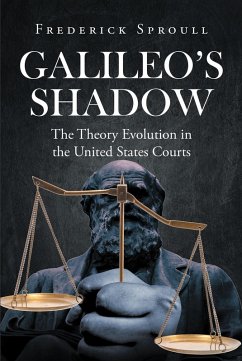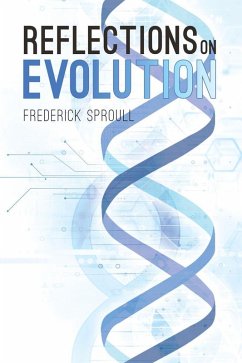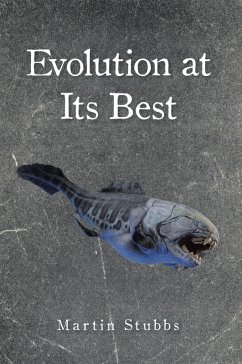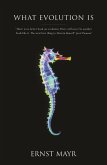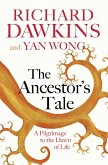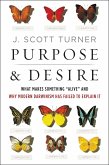This work deals with the efforts of creationists during the twentieth and twenty-first centuries to eliminate or limit the teaching of evolution in United States public schools and the response that these efforts generated from mainstream law, science, and religion. The confrontations that ensued often resulted in political maneuvering, the enactment of laws, and litigation. Usually, the litigation found its way into the federal courts with United States constitutional implications. No other scientific theory has ever been subject to such legal prohibition or judicial scrutiny in the history of the United States. Astonishingly, twice, evolution cases of this kind found their way to the Supreme Court. The interplay among the scientific, legal, and religious issues woven throughout the various court decisions that are examined in this work are of particular interest; as is the nature of science. Also, of interest is how proponents of both evolution and creationism cynically altered and bent their arguments in response to prior court decisions in an effort to successfully promulgate their particular position and how courts often tailored their decisions to ideology, rather than judicial principles.
A story with scientific, political, and ethical implications is told in this work using a cluster of federal court cases that fairly represent the issues that are at stake in this controversy. Perhaps they also provide us with a model for better understanding how the judicial and legal systems operate.
A story with scientific, political, and ethical implications is told in this work using a cluster of federal court cases that fairly represent the issues that are at stake in this controversy. Perhaps they also provide us with a model for better understanding how the judicial and legal systems operate.
Dieser Download kann aus rechtlichen Gründen nur mit Rechnungsadresse in A, D ausgeliefert werden.

